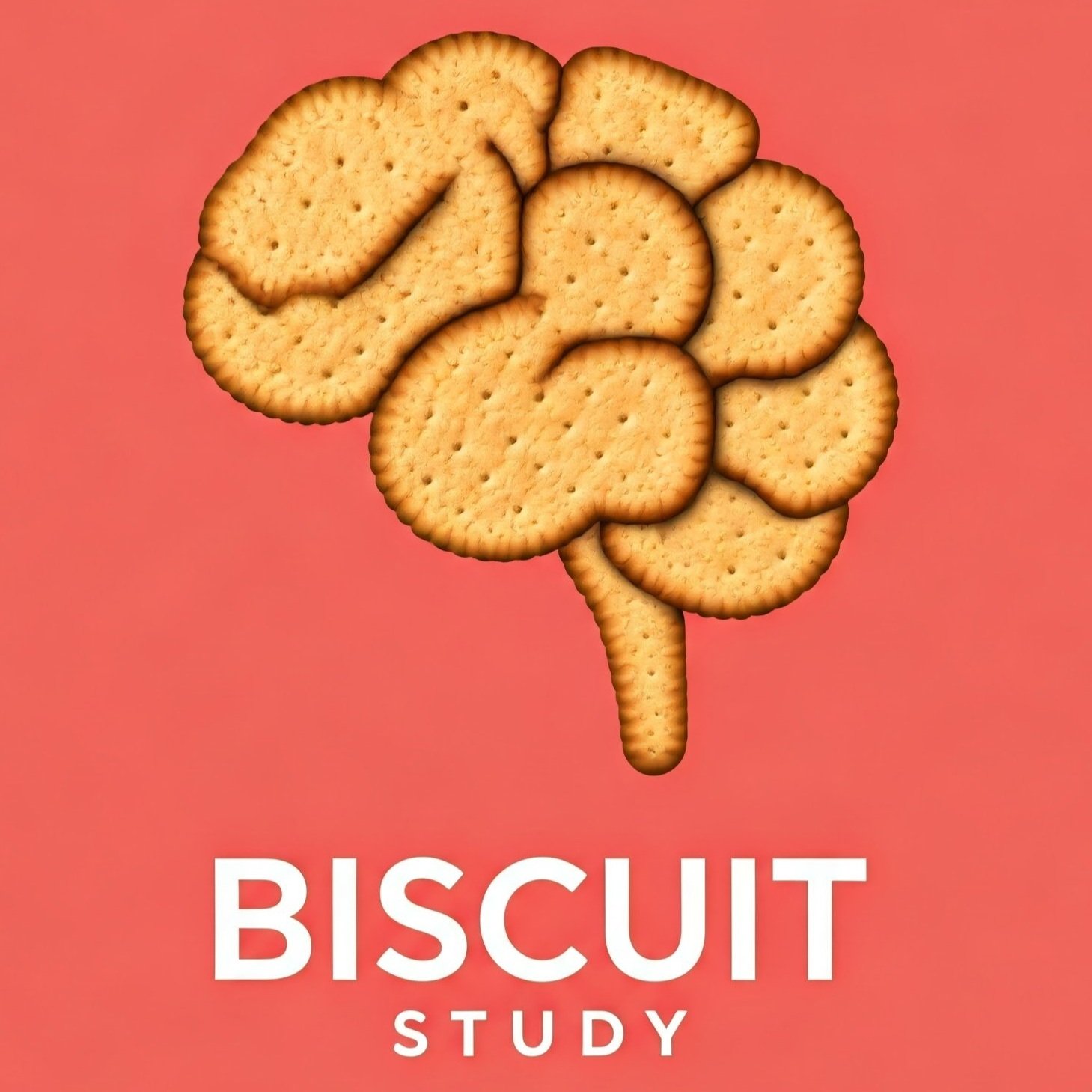Our Research
What is the BISCUIT study?
The BISCUIT Study (Brain Injury, Sleep, and Cognition – Untangling the long-term Impact of childhood Traumatic Brain Injury) was created to better understand how a head injury in childhood can impact daily life, especially when it comes to sleep, thinking, and behaviour. Led by Queen Mary University of London, alongside Barts Health NHS Trust and University College London, the study is shaped by contributions from families, researchers, and healthcare professionals who want to help children recover and thrive after a traumatic brain injury.
Understanding Childhood Traumatic Brain Injury (TBI)
A traumatic brain injury (TBI) in children happens when an external force (e.g., like a fall, car accident, or sports injury) causes injury to the brain. TBIs can range from mild (such as concussions) to severe. Every child’s experience is unique. While many recover quickly, some continue to face challenges for months or years after the injury.
How Can TBI Affect Children?
Sleep: Children and teens might find it harder to fall asleep, stay asleep, or wake feeling refreshed. Poor sleep can make recovery harder and impact mood, energy, and overall well-being.
Thinking Skills: TBI can sometimes affect learning, memory, problem-solving, or attention—skills that are important for school, friendships, and daily life.
Behaviour and Emotions: Some children may notice changes in behaviour or emotions, becoming more irritable, feeling sad or anxious, or having trouble managing feelings and reactions.
Not all children will experience these challenges, but it is essential to understand and support those who do for their recovery and quality of life.

Study Goals
The BISCUIT Study is dedicated to exploring the connections between childhood traumatic brain injuries (TBI), sleep patterns, and cognitive and behavioural outcomes. By involving children who have experienced head injuries and those with other types of injuries, the study aims to identify challenges that are unique to TBI and those that may affect children recovering from any serious injury.
Investigate how childhood TBI affects sleep, including difficulties falling asleep, staying asleep, or feeling rested.
Examine how sleep changes after TBI relate to thinking skills (like memory, concentration, problem-solving), behaviour, and emotions.
Listen to families’ experiences and opinions to help design better support and potential sleep solutions for children after head injury.
Involve a comparison group (children with injuries not involving the head) to see which effects are unique to TBI.
Why This Research Matters
Sleep difficulties, problems with memory or attention, and behaviour changes are all possible after a TBI. By understanding these issues, the BISCUIT Study aims to help families find effective ways to support recovery and improve everyday life. With input from families, the study hopes to guide more personalized rehabilitation and care for affected young people.

